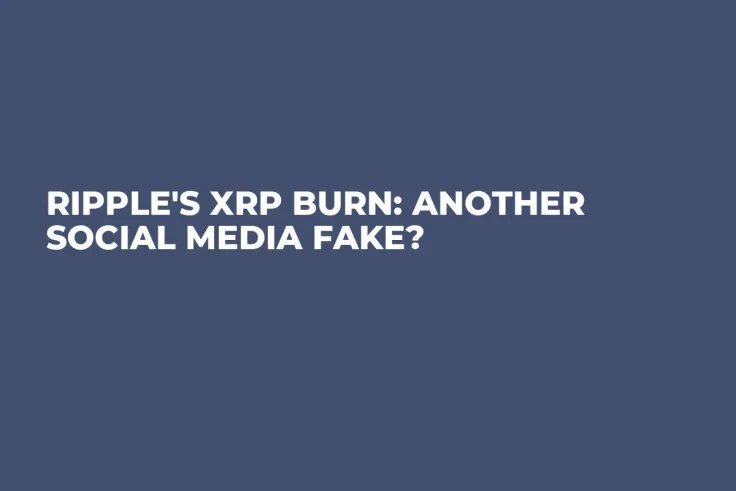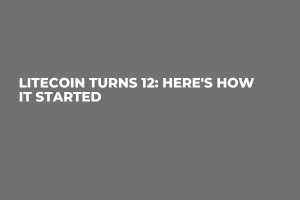Recent chatter surrounding a potential large-scale burn of Ripple's XRP has caught significant attention within the community, with prominent accounts amplifying the unsubstantiated rumor. However, there are no indications that the San Francisco-based giant is preparing to burn tokens from its escrow wallets.
Rumors fuel speculation
The speculation was intensified by a fake news article on Investing.com suggesting that Ripple is contemplating a large-scale burn of its 41.9 billion escrowed tokens. This move, according to the fake news article, is being considered due to the bearish performance of XRP in the market and the potential positive impact it might have on the XRP value. Despite not citing any sources, the article has attracted significant attention within the community.
As reported by U.Today, former Ripple executive Matt Hamilton recently suggested that Ripple could render the XRP in escrow inaccessible, technically "burning" it by disabling the master key on the destination account. However, he stated that the whole process would take years.
Back in 2020, David Schwartz, Ripple's CTO and the main architect of its software, said XRP owners can opt to lock or destroy their tokens, but validators cannot simply erase tokens held in Ripple's escrow. Any attempt by validators to oppose Ripple and burn its escrow holdings could potentially stall the entire XRP network.
As reported by U.Today, Ripple CEO Brad Garlinghouse has also expressed his openness to potentially burning XRP tokens currently held in the company's escrow, stating, "I don't rule anything out."
Stellar's massive burn sets a precedent
Despite the news being fake, Ripple's rival has already set a precedent. The Stellar Development Foundation (SDF) burned over 55 billion Stellar Lumens (XLM) tokens, amounting to nearly $4.7 billion USD.
This move was part of the foundation's new mandate, aiming to streamline its operations and boost efficiency. With the burn, the total number of XLM tokens in circulation has been reduced to 50 billion.



 Dan Burgin
Dan Burgin Vladislav Sopov
Vladislav Sopov